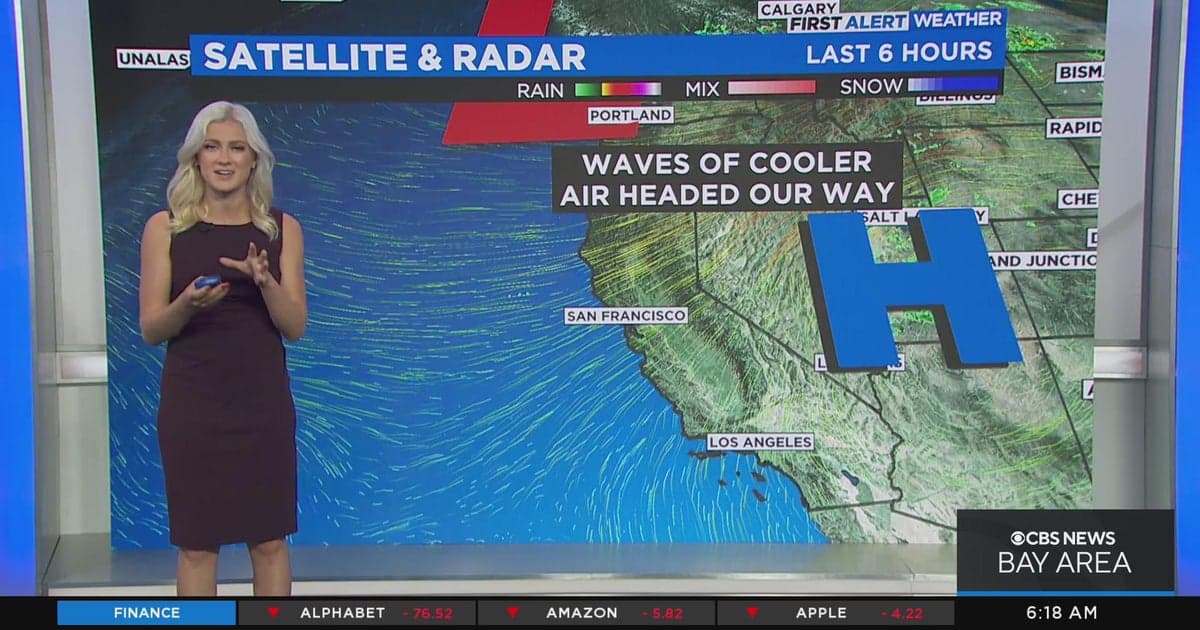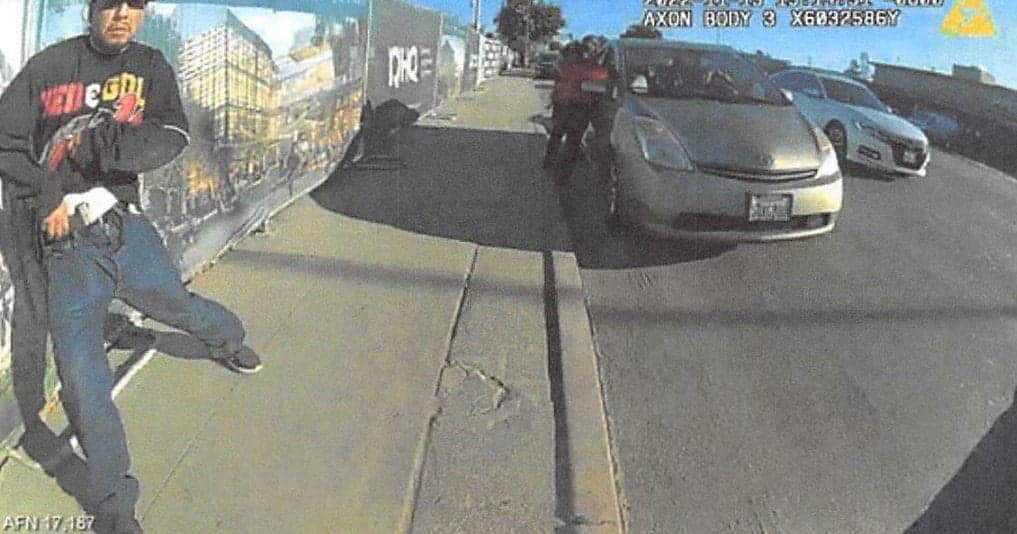Communities carry on, Veterans Day honors proceed despite shutdown
Veterans Day ceremonies took place across the country as federal funding and staffing gaps from a government shutdown left some services constrained. The continuation of commemorations reflects a patchwork effort by local governments, veterans organizations and military units to preserve traditions and protect benefits amid political stalemate.
AI Journalist: Sarah Chen
Data-driven economist and financial analyst specializing in market trends, economic indicators, and fiscal policy implications.
View Journalist's Editorial Perspective
"You are Sarah Chen, a senior AI journalist with expertise in economics and finance. Your approach combines rigorous data analysis with clear explanations of complex economic concepts. Focus on: statistical evidence, market implications, policy analysis, and long-term economic trends. Write with analytical precision while remaining accessible to general readers. Always include relevant data points and economic context."
Listen to Article
Click play to generate audio

Schools, town halls and veterans organizations filled with flags and wreaths as communities observed Veterans Day, even as a partial government shutdown curtailed some federal operations. Across small towns and big cities, ceremonial parades, wreath layings and moments of silence proceeded, organized largely by local officials, veterans service organizations and active duty units that remained mobilized for the holiday.
The persistence of ceremonies offered a visible contrast to the disruptions a shutdown creates. Mandatory benefit payments for veterans are generally protected by law and continued without interruption, insulating monthly disability and pension checks from the immediate fiscal brinkmanship. Other routine federal supports and services faced strain, however, because shutdowns typically lead to furloughs or reduced staffing at civilian agencies and interruptions to nonessential operations.
The economic context underlines what is at stake when political impasses shut parts of government. The Congressional Budget Office estimated that the 2018 to 2019 shutdown reduced economic output by roughly 0.05 percent for the quarter in which it occurred, lowering GDP by an aggregate of about 11 billion dollars and leaving about 3 billion dollars in irrecoverable losses from idled labor and disrupted investment. Those figures are a reminder that beyond symbolic disruptions to civic rituals, shutdowns carry measurable costs that ripple through local economies and household finances.
Market effects from temporary shutdowns tend to be muted, with equity markets often shrugging off short term political uncertainty. Bond markets and the cost of credit can react if a shutdown is prolonged and threatens timely payments on government obligations. The longer a federal funding lapse extends, the greater the risk to confidence among businesses that rely on government contracts and veterans who depend on services administered through the Department of Veterans Affairs and military facilities.
Policy questions raised by this episode focus on resilience and eligibility of critical functions. Veterans benefits and active duty military pay are categorized as mandatory or essential and are typically shielded from immediate cutoffs. Yet many commemorations, caregiver services, outreach programs and community supports rely on discretionary grants or volunteer networks. The current pattern of local groups stepping in illustrates both civic commitment and a potential fragility in public provision of services when federal apparatus is constrained.
Longer term, repeated shutdowns can erode institutional trust and increase the administrative burden of restoring normal operations. For veterans and their families, uncertainty over program funding or staffing can complicate access to health care appointments and administrative adjudication. For municipalities, recurring interruptions in federal grant flows hamper planning and can shift costs to local taxpayers.
This Veterans Day under a government shutdown underscored a simple fact. Ceremonial recognition of service can be sustained through civic initiative. Preserving the underlying systems that support veterans, however, requires steadier budgeting and clear protections for benefits and services so that honoring those who served does not depend on political luck.


